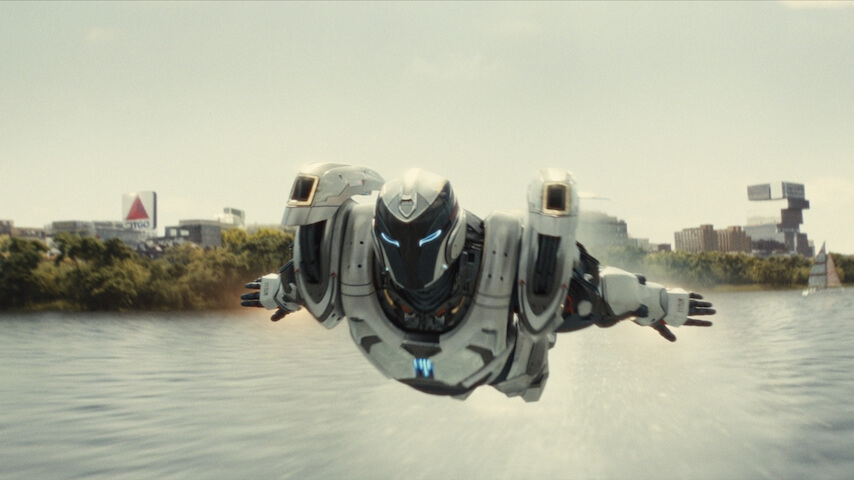
Ironheart Blasts Off with Style, Smarts, and Sharp Moral Questions
So, Ironheart has finally landed on Disney+, and honestly? It’s like watching a spark plug ignite a firestorm in real time. Dominique Thorne returns as Riri Williams, and from the very first frame, you can feel the kinetic energy she brings to this Black Panther spinoff. The show doesn’t walk—it flies , just like her armored suit. Fast-paced, packed with stylish effects and cartoonish violence, and layered with real questions about loyalty, identity, and the cost of brilliance, Ironheart is trying to do a lot—and for the most part, it sticks the landing.
We pick up with Riri back in Chicago, no longer under the protective, high-tech wing of Wakanda. She’s broke, disgraced at MIT after getting busted for selling homework, and forced to move back in with her mom. But she's got a prototype of her Ironheart suit and enough determination to build something world-changing. Or at least, something that makes rent.
Also Read:- Fever Sizzle While Caitlin Clark Struggles in Win Over Storm
- Remembering Eden Blackman – A Life of Charm, Spirit, and Legacy
What’s immediately compelling about Riri is how messily human she is. She’s not a polished hero like Tony Stark. She’s resourceful and flawed, guided by grief and ambition in equal measure. Her AI assistant is based on her late best friend Natalie, who died in a shooting alongside Riri’s stepfather—a backstory that adds weight to every decision she makes. That grief becomes code, literally, in the form of an AI companion who helps her navigate both tech upgrades and emotional landmines.
Then there’s The Hood—Parker Robbins, played with slippery charm by Anthony Ramos. He’s part street magician, part criminal mastermind, and 100% bad news wrapped in a mysterious red cloak. His gang of misfits is as colorful as they are chaotic, and their interactions with Riri form the backbone of the show’s early episodes. Every mission blurs the line between moral compromise and survival—and Riri, idealistic as she is, finds herself deeper in the gray than she expected.
What really sets Ironheart apart is its refusal to spoon-feed its themes. Yes, it’s aimed at younger audiences, with flashy visuals, fast pacing, and humor that feels right out of Ms. Marvel ’s playbook. But beneath that, it’s quietly asking hard questions. How long can you work with criminals before you become one? What’s the cost of making the wrong choices for the right reasons? And when do good intentions stop being enough?
Sure, it stumbles a little. Some of the dialogue gets a bit too preachy. Some scenes feel rushed, like the show is afraid we’ll lose interest if we’re not being hit with a new explosion every five minutes. But then a moment will land—like Riri facing off with an old friend turned enemy—and remind you why she’s such a compelling character. She’s not just a genius; she’s a young genius trying to define herself in a world that keeps boxing her in.
And let’s not forget the tech. Riri’s suit may not be Stark-level slick just yet, but it’s got personality. Watching it fail and evolve as she does is part of the fun. Plus, the show isn’t afraid to mix science with magic, especially with The Hood’s cloak raising Mephisto-sized questions.
So far, Ironheart is less about triumphant heroism and more about messy growth—and that’s its strength. It’s chaotic, ambitious, and full of heart. Just like Riri.
Read More:

0 Comments